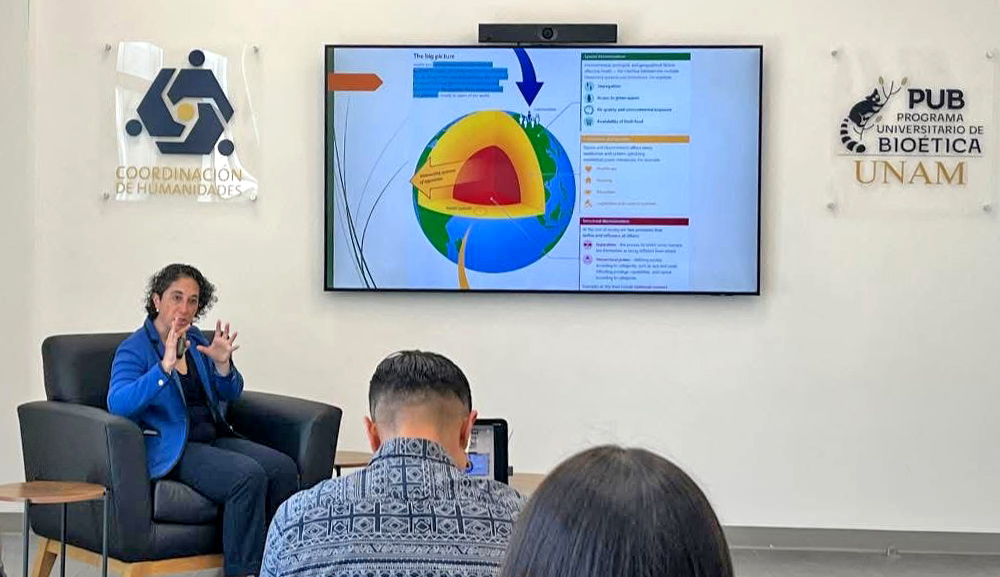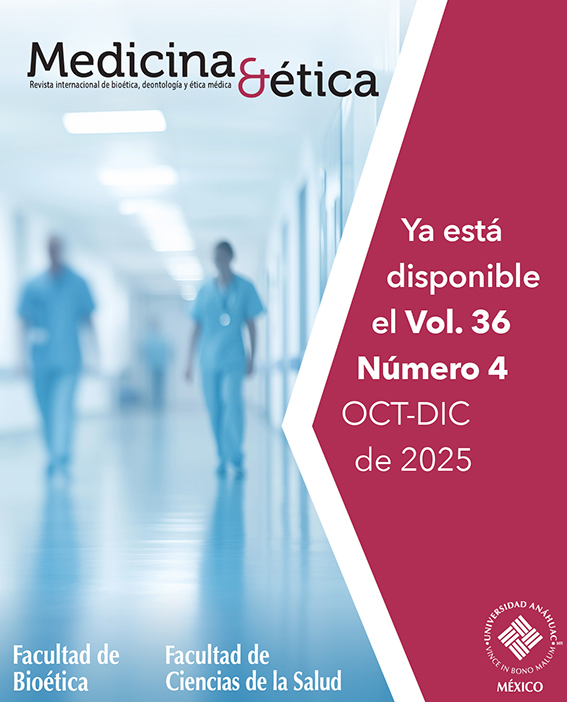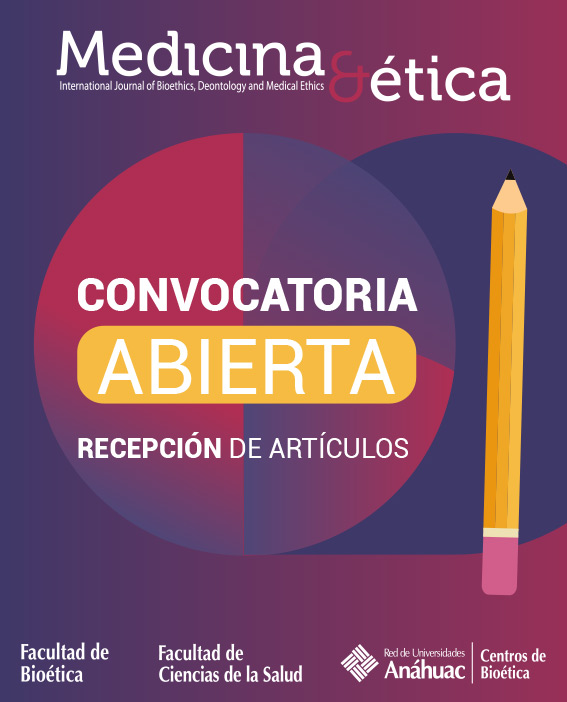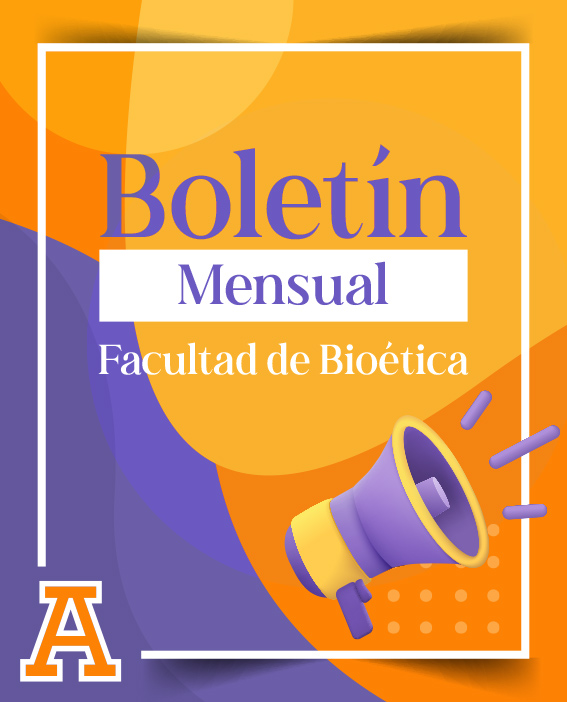
During a conference organized by the UNAM University Bioethics Program, the research coordinator at the School of Bioethics at Anáhuac University of Mexico explained how these discriminatory structures profoundly affect medical care, from the institutional to the everyday.
On May 8, 2025, Dr. María Elizabeth de los Ríos Uriarte, research coordinator at the School of Bioethics at Anáhuac University, Mexico, gave the keynote lecture “Xenophobia and racism as adverse factors in health care,” which was organized by the University Bioethics Program (PUB) of the National Autonomous University of Mexico (UNAM).
Dr. de los Ríos emphasized that racism and xenophobia are not merely expressions of individual hatred, but rather deeply rooted systemic structures that directly impact the lives of individuals and communities, particularly in the healthcare sector. She explained that these discriminatory attitudes directly impact access to and the quality of healthcare. She also noted that discrimination becomes internalized and naturalized over time, becoming a phenomenon present in institutions and everyday relationships.
The specialist also addressed key structural factors, such as people's geographic and social environment, noting that living in peripheral areas or in unsafe urban settings represents a real obstacle to accessing quality medical care, further perpetuating inequity.
Undoubtedly, the effects of these forms of discrimination are reinforced by institutions such as schools, healthcare systems, and the justice system, which perpetuate inequalities. Therefore, Dr. de los Ríos warned about the danger of the scientific fallacy that has historically justified the creation of categories such as "pure races" or "subspecies." These ideas continue to fuel a hierarchical ordering of human groups, generating unfair divisions that affect millions of people.
At the School of Bioethics, we congratulate Dr. María Elizabeth de los Ríos Uriarte for her tireless academic work and her ethical commitment to promoting a more just and inclusive society.
More information:
MPSS Ana Sofía García Hazas
MPSS Camile Bertrand Carpio
Facultad de Bioética
bioética@anahuac.mx







